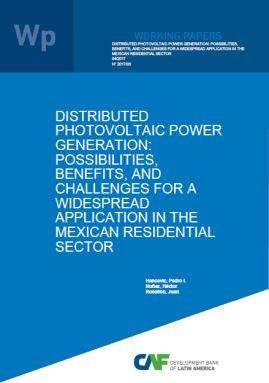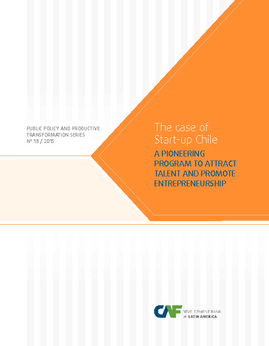Distributed Photovoltaic Power Generation: Possibilities, Benefits, and Challenges for a Widespread Application in the Mexican Residential Sector
Abstract
Mexico plans to implement a national program to support the adoption of distributed photovoltaic generation (DPVG) among qualified households. The main objectives of such a program would be to reduce the burden of the substantial federal energy subsidy and increase the share of renewable energy sources used to generate electricity. In this paper we assess the current conditions under which the Mexican residential electricity sector operates, and quantify the potential effects that the massive adoption of DPV systems would have on household expenditure and welfare, subsidy reduction, pollution and water resource usage. Based on the positive results in terms of both economic and environmental effects, our paper provides a significant support for further design and implementation of a DPVG program.
Subject
Country / Region
Date
2017-04Cite this publication
Belongs to collection
Author
Hancevic, PedroNuñez, Héctor
Rosellón, Juan
Items Relacionados
Police reform, training and crime: experimental evidence from colombia's plan cuadrantes
The Plan Nacional de Vigilancia Comunitaria por Cuadrantes (PNVCC) is a new police patrolling program introduced in the eight major cities of Colombia ...
N° 18 (English). The case of Start-up Chile. A pioneering program to attract talent and promote entrepreneurship
Latin American countries have been increasingly interested in adopting public policies aimed at dynamic entrepreneurship as a way of increasing income ...
Public-Private Partnership in Latin America. Learning from experience
In recent years, economic growth in Latin America has led to increased investment opportunities for the private sector, while legal transformation, ...






